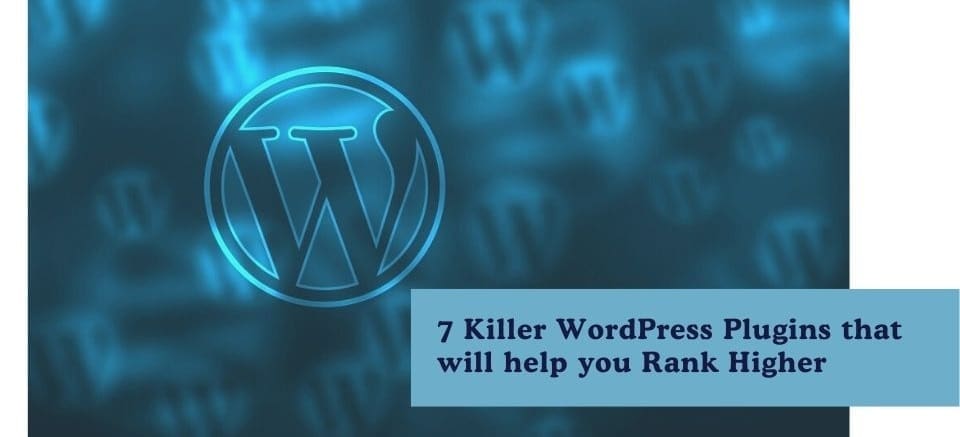Over the past 2-3 months, I have been approached by at least a dozen people with questions regarding web directories. Every one of them had a different opinion about whether they help or hurt for SEO.
I get why there is so much fear for many of us. During the second quarter of 2012, entire blog networks and other directories vanished from Google’s index overnight.
Having been in the search engine optimization game for over a decade, I can tell you that web directories are still useful. But not all of them.
Let’s look at the best way to build web, local, and social directories into your overall link acquisition strategy.
Why Were Some Web Directories De-Indexed or Penalized?
Fear most often originates in misunderstanding. In the case of directories, this rings true.
Keep in mind the objective of Google Penguin: Eliminate link manipulation.
Not all directories have been built to game the system.
Granted, many of them were built with SEO in mind.
The directory can rank for user generated content. That drives traffic to which the directory can market.
Companies listed in the directory get a link and the referral traffic. Everyone wins in a perfect world.
The world is not perfect. So Google took action.
De-Indexed vs. Penalized
It is important to understand that not all web directories were impacted equally. Some were untouched.
Others were completely removed from Google’s Index. Still others remain indexed, but no longer rank for many, if any, money keywords.
According to a study published on SEOmoz, approximately 20% of directories reviewed were either de-indexed or penalized. Clearly, these sites are no longer useful for generating links.
It remains unclear exactly how sites were targeted for these two actions.
That said, there are indicators to help you avoid banned directories, or those that might become targets in the future.
Site Authority Plays a Key Role
PageRank was the common thread found among the “banned” or De-indexed sites.
All of the banned web directories found in the study had no PageRank.
Keep in mind that a lack of PageRank or a PR of zero are not guaranteed to get a site slapped.
New web directories would not have a PR yet, for example. Those sites might be excellent places to have your own business listed.
For my own efforts, I err on the side of caution, using PR as a proxy for “complies with Google’s standards.” (2025 update – PR is clearly no longer a relevant metric, but SEMrush Authority Score or ahrefs Domain Rating would be the most useful proxy metrics, while Moz’s Domain Authority is an imperfect and seldomly updated option.)
Is PR a perfect metric? No. But it’s a great starting point.
Key Behaviors Influence Penalties
In a deeper review of penalized sites, i.e. web directories that are still indexed but not ranking for many keywords, the common thread is behavior.
What do I mean by behavior? Here are some examples:
- Directory positioned as link source (i.e. link farm)
- Submissions are completely unvetted in any way (no quality control)
- Site is known as a paid link acquisition location (without quality control)
- Directory is part of a known link scheme or link automation ploy
Google has given very clear direction on what behaviors to avoid.
Be sure to read the Link Schemes page on the Google Webmaster Tools Support website. And for more information, review my recent post on Black Hat SEO.
Anyone looking to acquire links should understand their position on it.
What this Means For Links on Web Directories
I buy into the hypothesis that this part of Penguin was a manual penalty.
For this reason, we don’t need to fear a “data refresh” for Penguin, because that would be algorithmic.
I doubt they will take time to manually penalize sites in bulk on a regular basis.
That said, there is risk involved. They may decide to roll out additional penalties annually or on an “as needed” basis.
There is no way to know without a doubt, as we rarely get advanced notice of these types of actions.
But you can work to shield yourself from unexpected Google actions.
General guidelines to follow for safer web directory link acquisition include:
- Focus efforts on web directories with a PageRank of 3 or higher.
- Take time to identify and pursue well-managed niche directories, which are less likely to suffer a future penalty.
- Avoid sites that have no vetting or approval process, especially if there is a fee involved.
- Don’t add your URL to directories in large volume or bulk; spread out your efforts over time.
- Be sure to take advantage of reputable local directories such as SuperPages. Yext, and Manta.
- If you ever outsourced link building prior to 2012, audit your link profile. Request removal or disavow very low authority and/or penalized web directories.
Summary
Many of us fear web directories as a source of backlinks to our websites. We should not.
If you know what to look for and how to manage the effort, you can reap a ton of benefit from them.
Need help managing your SEO strategy? Learn more about how our Austin-based SEO team can help you pursue the right tactics to move your website up the SERPs.
Tommy Landry
Latest posts by Tommy Landry (see all)
- Where AI Introduces Risk Into Revenue Planning - February 19, 2026
- AI Is Already Influencing Your Forecasting. Do You Know Where? - February 18, 2026
- AI -Driven Discoverability Presentation at AIMA (January 2026, Full Video) - February 17, 2026





